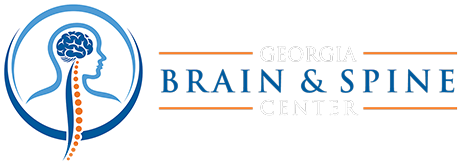At Georgia Brain & Spine Center
Degenerative disease, osteoarthritis, and spondylosis are broad, non-specific terms used to describe widespread age-related degeneration of spinal column. In this condition, the intervertebral discs can dry out and tear, spinal joints can become overgrown and lax, and bone spurs and thickened ligament can develop. These changes can render your back unstable, resulting in back pain. They can also create pressure on your nerve roots, resulting in pain that radiates down your legs.
Treatment of Degenerative Disease, Osteoarthritis, and Spondylosis
Degenerative disease, osteoarthritis, and spondylosis are actually a broad category of conditions and there is no one size fits all solution. To some extent, this is a normal part of aging. However for many people it can be source of great pain and disability. In general, our surgeons will use your medical history, physical examination, and imaging studies to understand the type of pain you are experiencing and to locate an anatomic abnormality of the spine that is the source. We will then attempt to fix your problem using conservative non-surgical therapies. If these therapies do not work, or if you have already tried them and failed, we will consider surgical options. When pain is a result of compression of spinal nerve roots, surgery is normally designed to resect thickened ligament and bone in order to relieve the pressure. When the pain is a result of instability of the spine, surgery normally includes a procedure to stabilize and fuse some of the bones. Frequently, both decompression and stabilization need to be performed together.
